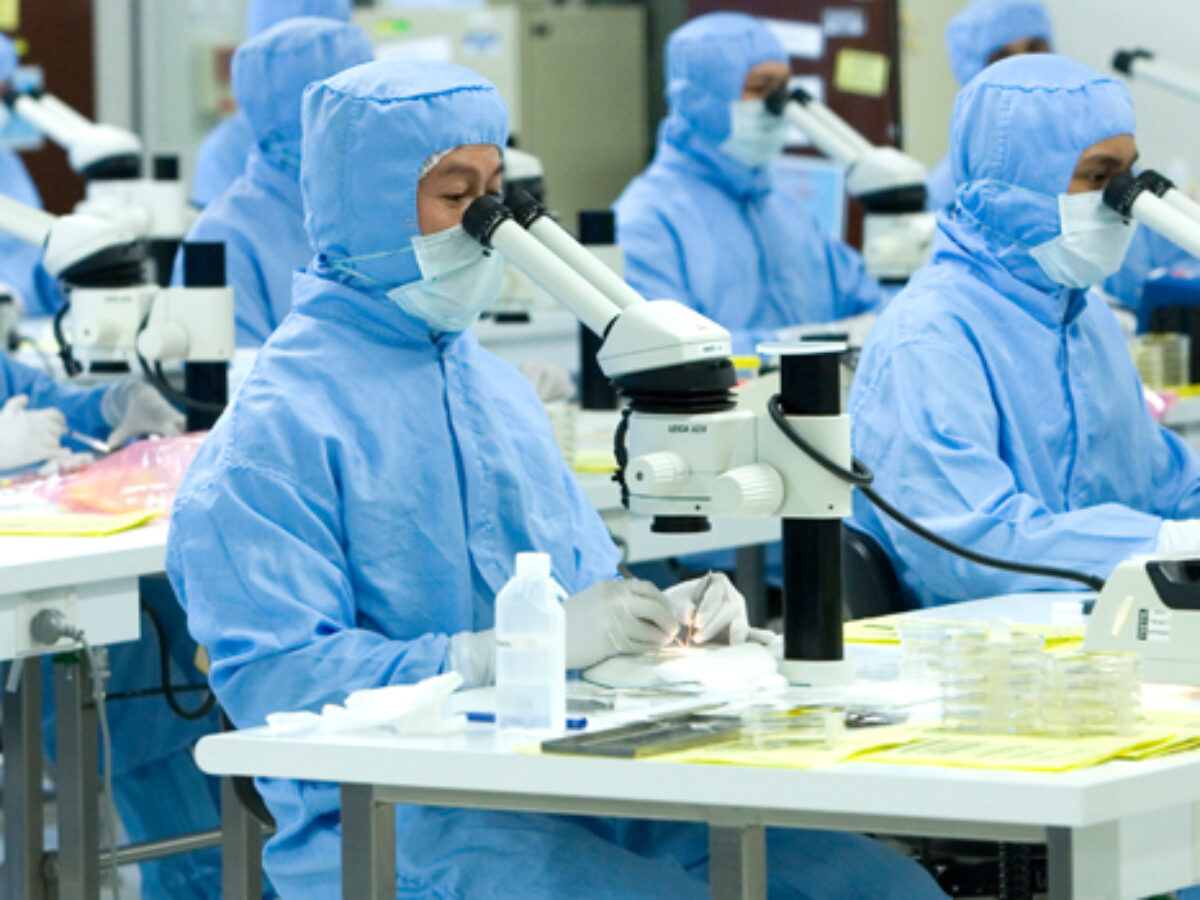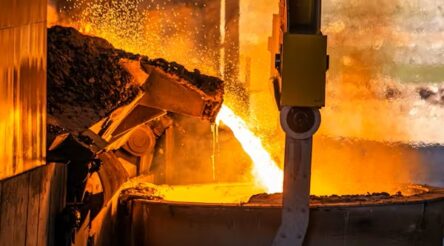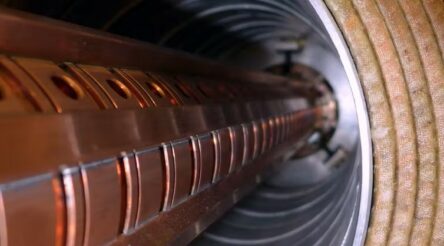How Cochlear’s manufacturing skills kept it onshore

By Peter Roberts
The news that contract manufacturer Neo-Bionica has established Australia's first facility capability of hermetically sealing implantable medical devices brings to mind the story of how Cochlear's manufacturing skills in the area kept it from going offshore – and remain a secret of its success.
The process of hermitization which Neo-Bionica is now offering local medtech companies is critical to the quality of implantable devices such as heart pacemakers and cochlear implants.
Basically, sealing the devices watertight keeps your insides from leaking into the device, and keeps electric current from the device from leaking out.
Cochlear's parent company, the former Nucleus group, the brainchild of the late entrepreneur Paul Trainor, used to manufacture heart pacemakers in Sydney.
The company's Telectronics pacemakers once held more than 15 percent of the global market, and it was from profits from these that bankrolled the incubation of Cochlear within the Nucleus Group.
However all Trainor's good work came a'cropper when he sold the business to the ailing Pacific Dunlop group which was searching for new businesses following the removal tariffs on its , shoes, tyres and textiles.
Pacific Dunlop failed to appreciate the critical nature of the manufacturing skills residing in Nucleus, and moved pacemaker manufacturing to the United States where it had bought the Cordis pacemaker business.
Unfortunately for Pacific Dunlop – and a dozen or more unlucky patients – Cordis pacemakers suffered a number of catastrophic failures when the devices leaked and delivered a deadly shock to their wearers.
In the subsequent collapse of Pacific Dunlop's medical group, the Cochlear business emerged and was floated on the ASX.
Cochlear did all its manufacturing in Sydney for a very long time, and there is still a room today inside its factory at Macquarie Park in Sydney where hermitization takes place.
It is a clean room out of bounds to most staff, and contains automated laser welding systems that complete the process of making the Cochlear implant safe.
While Cochlear now also manufactures overseas, including in China, it has not experienced the failures that killed off Cordis and Telectronics.
There is a lesson in here somewhere for companies thinking of offshoring critical steps in their manufacturing processes – think long and hard before not doing it.
Further reading:
Neo-Bionica launches onshore critical medical manufacturing process
Australia’s niche champions – Cochlear, the product that does good
Picture: Cochlear/a cliched picture from Cochlear shows the extraordinary level of quality in its products
@aumanufacturing Sections
Analysis and Commentary Awards casino reviews Defence Gambling Manufacturing News Online Casino Podcast Technology Videos





